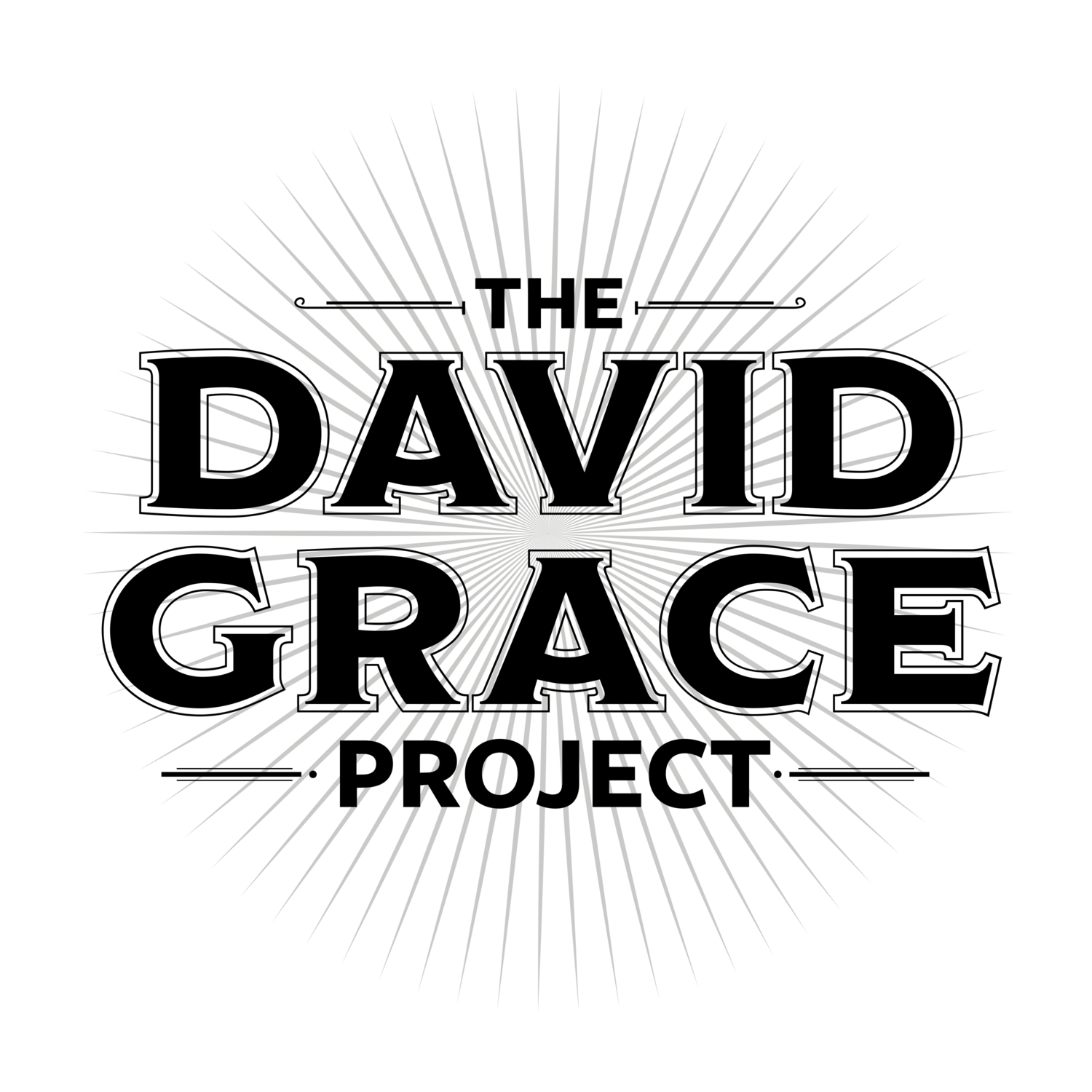Inspiration can be elusive, a mysterious muse that lies in waiting, subject only to its own whims and the appropriate response. It doesn’t hint that it’s coming, but it still has to be grasping immediately, lest it just as suddenly slip away.
David Grace Jr. discovered that by chance, and with his upcoming album, The David Grace Project, he found that it served him quite well. A sturdy set of songs sung with an assured eloquence and an emphatic delivery; it offers a distinctive blend of classic soul and rugged country credence. Scheduled for release April 26 on Artist Tone Records, the album marks the culmination of a career that began in earnest a decade ago and has accelerated ever since.
Written in the aftermath of a year of tragedy and turmoil, The David Grace Project finds its namesake re-emerging with his faith fulfilled. From the heartbreaking “I Lose” a song about throwing away a true love after coming out of a nervous breakdown and not having a second chance to prove yourself; to the soulful sway of the opening track “I Would Look Good On You”. The smooth saunter of “Dash In Between,” to the swampy kick of “Convicted Man and the tangled tapestry woven through the autobiographical “Shovel,” the songs reflect both the confidence and credence of an artist that’s fully re-emerged and ready to share his music with the wider world.
In many ways, the album is a catharsis, an expression of lessons learned and promises pursued.
Grace’s decision to embark on a musical journey came quite unexpectedly. A collegiate athlete and star football player, his love of sports preoccupied him early on. Although both his parents had a gift for making music – his mother grew up singing in church and still does to this day. His father, David Grace Sr., is a songwriter and vocalist and was a professional steel guitar player -- he never considered pursuing it on his own. In high school, he briefly attempted to learn to play the banjo his dad had given him, but it was only during a summer break from college and his sports obligations that the idea of turning his attention to music even occurred to him.
"summers were pretty slow while attending college at Texas A&M-Kingsville," he recalls. "Between working a part-time oil field job and summer workouts, there was a lot of downtime. My room-mates convinced me to put down my banjo for a guitar my sophomore year of college. It came very natural to me. I attended an open mic night at our local bar and played 3 songs. The feedback was unexpectedly positive, and I became hooked.”
Grace certainly had his share of early influences, mostly country music of a vintage variety. He says he was particularly enamoured with Ronnie Milsap’s vocals and his ability to express his sentiments in such a soulful fashion. Having switched to guitar (“It was a lot cooler than banjo,” he jokes), he was ready to fully commit to a singing career once he graduated from college.
“I’m an all-in kind of person,” Grace insists. “Once I decide to do something, then there’s no turning back.
For the first eight years, he concentrated on covers. He also recorded two albums, 2010’s I’m Going to Roll, an album which yielded two popular entries -- the title track, which became a local radio staple, and “Freight Train, a song he still performs in concert. His follow-up, Live at the Redneck Country Club was released in 2015.
Meanwhile, Grace kept up an intensive tour schedule, one that found him performing more than 1, 500 shows and opening for such stars as Trace Adkins and Randy Rogers, both solo and with his band. He sometimes found himself playing seven nights a week. In the process, he was making his name known on the Texas music circuit.
Things were going smoothly and his career was on a steady climb. Then, in 2017, Hurricane Harvey hit. Grace’s house was flooded by seven feet of water, and all his possessions and everything he owned -- his home, his van, his records, his photos, his equipment -- was completely lost. He made it out with only the clothes on his back. The stress and anguish cost him the relationship with his girlfriend and, for a time, his sanity and state of mind. He was shattered emotionally and unsure where to turn next.
“It was hard,” he says in retrospect. “It took a while to recover. I was back at ground zero and felt like I had come to a crossroads. It took time to recover. It changed my perspective immediately.”
Eventually he crawled out of his depression and decided to once again hit the road. A chance meeting with songwriter Van Levy led to the making of a series of videos and the promise of a meeting with Levy's friend, singer/songwriter March Broussard. Grace was on his way to New Orleans when Levy phoned Broussard at Grace's request and asked if Grace could meet with him in Lafayette, near Broussard's hometown. And coincidentally, Broussard's manager happened to be in town as well. The two immediately hit it off. Not only that, but Broussard expressed interest in releasing Grace’s upcoming album on his own label, Artist Tone.
As Grace now notes, it was proof of an old adage -- it pays to be in the right place at the right time.
“My writing comes from personal experiences,” Grace insists. “When there’s a reason to write, then that’s the impetus for creating a great song. It’s all about sharing personal experiences and helping them to resonate with the listener. I can’t just write to write to write; there has to be a reason, an emotional motivation. I don’t know if that’s a positive or a negative as far as the songwriter’s creed goes, but it’s worked in my favour so far.”
And clearly, it’s working for his audience as well.



